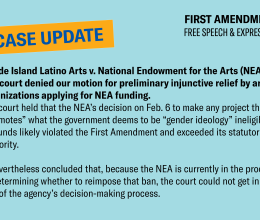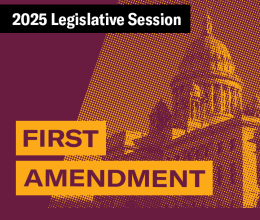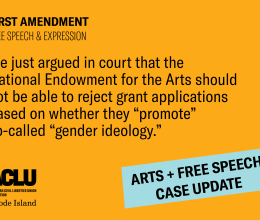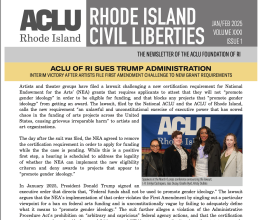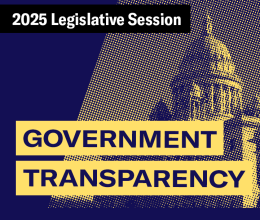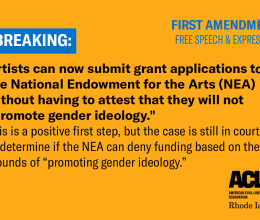
Responding to a report released earlier this year by the RI ACLU, the state’s library network has revised its Internet filtering procedure to increase access to information for public library patrons, addressing ACLU fears that libraries were “inappropriately discouraging or barring patron access to constitutionally protected material.”
The RI ACLU’s April report disclosed that CLAN – the Cooperating Libraries Automated Network, a non-profit consortium of public libraries headed by the state’s library directors and a separate staff – was filtering Internet content beyond what is required by a controversial federal law known as the Children’s Internet Protection Act (CIPA). CLAN manages a state-wide library filter to comply with the law’s mandate that all libraries receiving certain federal funds limit Internet access. CLAN determines what basic content categories the filter blocks.
The ACLU report found that CLAN’s “minimum” filter level – configured to block “sex,” “adult content,” and “nudity,” as defined and identified by the filtering software’s manufacturers – exceeded the law’s required blocking of material deemed “obscene” or “harmful to minors.” The report also noted that CLAN failed to facilitate “unblocking,” or temporary disarming, of the filter during Internet use by adult library patrons, despite the fact that this option is required by both the law and a U.S. Supreme Court decision interpreting the law.
In a recent letter to the ACLU, CLAN President Kathryn Taylor said CLAN had moved quickly to rectify the problems. She said the “nudity” category – which blocked any “nude or semi-nude human forms not overtly sexual in intent or effect” – had been dropped from CLAN’s minimum filter setting. That category had blocked access to a wide range of medical and other information. In addition, a message was added to the standardized blocking screen telling patrons to ask a librarian if they want the site unblocked. Ms. Taylor also said CLAN sent an e-mail with unblocking instructions to the director of each local library.
The ACLU remains concerned about “overblocking” – libraries that have independently chosen to block categories beyond CLAN’s minimum option, ranging from “gambling” to “illegal,” resulting in a serious impediment to free speech. Four libraries reported such additional blocks on the ACLU’s most recent survey. An additional 18 libraries did not respond to the survey; the extent of over-blocking thus remains unclear.
